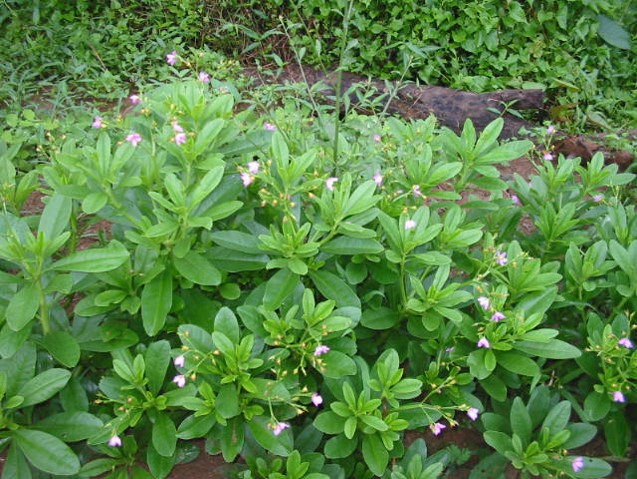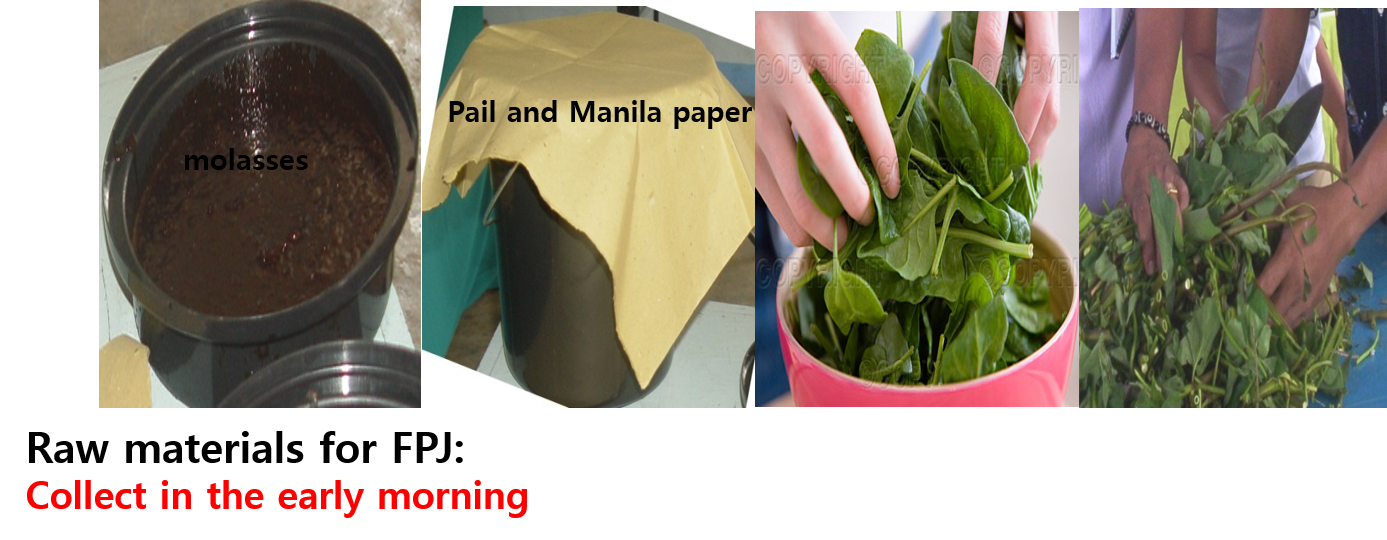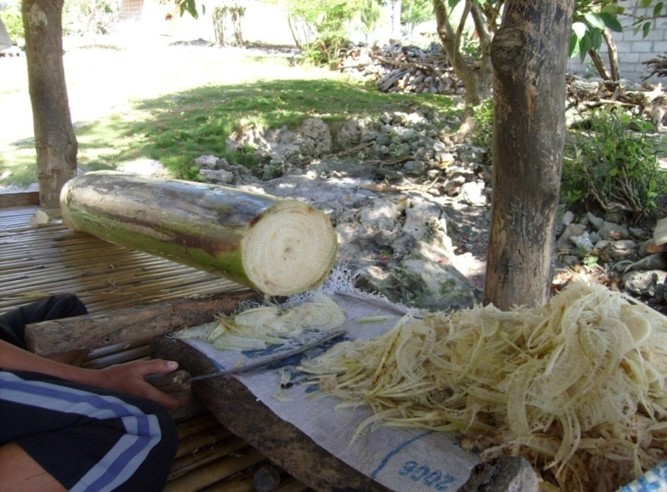The Wonders of Fermented Plant Juice: Benefits, Preparation, and Usage
ECOFRIENDLY FARMING


What is Fermented Plant Juice?
Fermented plant juice is a natural liquid produced through the fermentation of plant materials, primarily using fresh plant leaves. This process encourages beneficial bacteria and enzymes to break down and transform the plant matter into a nutrient-rich solution. The result is a feed that is not only packed with minerals and vitamins but also enhances soil and plant health when used in gardening and agriculture.
Benefits of Fermented Plant Juice
The advantages of using fermented plant juice are numerous. First and foremost, it is an excellent source of nutrients for plants. This type of juice contains a variety of minerals, vitamins, and amino acids that promote plant growth and development. Additionally, fermented plant juice helps to improve soil health by fostering a thriving microbial ecosystem, leading to enhanced soil fertility and improved plant resilience against pests and diseases. Another significant benefit is that it is an environmentally friendly alternative to chemical fertilizers, promoting sustainable gardening practices that are beneficial to both plants and the ecosystem.
How to Make Fermented Plant Juice
Materials Needed to Make FPJ
Fast-growing plants (e.g., Banana trunk, Edible fern, Moringa leaves, herbal plant leaves, Bamboo shoots, Clover, Mugwort, Dropwort, Barley, axillary bud of Melon/Water melon/Cucumber/Pumpkin, sweet potato vein (Collecting in the early morning) )
Choose healthy, vigorous, pesticide-free plants.
Brown sugar or molasses
This draws out moisture from the plant and fuels the fermentation.
A non-metal container (e.g., plastic or glass jar)
Avoid metal as it can react with the ferment.
A breathable cover (like paper towel or cloth) and rubber band or string
The Process
Creating your own fermented plant juice is a straightforward process. Begin by gathering fresh plant materials such leaves or banana trunk. Chop them into small pieces, and place them into a clean container. To facilitate fermentation, add a sugar source, such as brown sugar or molasses, which acts as food for the fermentation process. For optimal results, the recommended ratio is one part plant matter to one part sugar. Press the materials with a clean stone . Allow the mixture to sit at room temperature for about 10 days. Harvest the juice after 10 days and use it within 2-3 days for the most effect, otherwise put in a container half sealed and add brown sugar for long time storage in the cool place. Once fermentation is complete, strain the liquid to remove solids; your fermented plant juice is now ready for use.
Plants Commonly Used for FPJ (And Their Benefits)
Sweet Potato Vine- Enhances root growth
Mugwort - Natural pest repellent
Banana Stem - Rich in potassium
Pumpkin Leaves - Stimulates strong vegetative growth
Amaranth - Full of trace minerals
How to Use Fermented Plant Juice
Using fermented plant juice in your farm, garden or houseplants is simple and effective. You can dilute the concentrated juice with water, usually at a ratio of 1:10 or 1:20(1 tablespoon of FPJ and 10 water(liters), depending on the strength desired. This diluted mixture can be used as a foliar spray or a direct soil drench. When used as a spray, it enables your plants to absorb nutrients through their leaves quickly. Alternatively, applying it directly to the soil nourishes the roots, promoting vibrant growth. Regular application of fermented plant juice can greatly enhance plant vitality and productivity, offering a natural solution to gardening challenges.
Why FPJ Works: The Science Behind It
During fermentation, brown sugar breaks down the plant cells and extracts nutrients, enzymes, and growth hormones like cytokinins and gibberellins. These substances, when sprayed back onto crops, act as natural fertilizers and stimulants, helping your crops grow healthier and faster — just like the original plants.
Conclusion
Fermented Plant Juice is more than just a fertilizer — it’s a bridge back to nature. It empowers farmers to create their own inputs, reduce farming costs, and grow healthier crops without chemicals.
By adopting this simple, organic practice, you're taking one step closer to truly sustainable farming. Start small, experiment, and observe how your plants respond — nature will thank you!
🌾 Let’s Go Natural — One Plant at a Time!
Have you made your own FPJ? Share your experience with us in the comments or on our social media platforms! 💬🌿on instagram; kfcs_embu_kenya or facebook; Kirurumwefcs Embu Coffee








